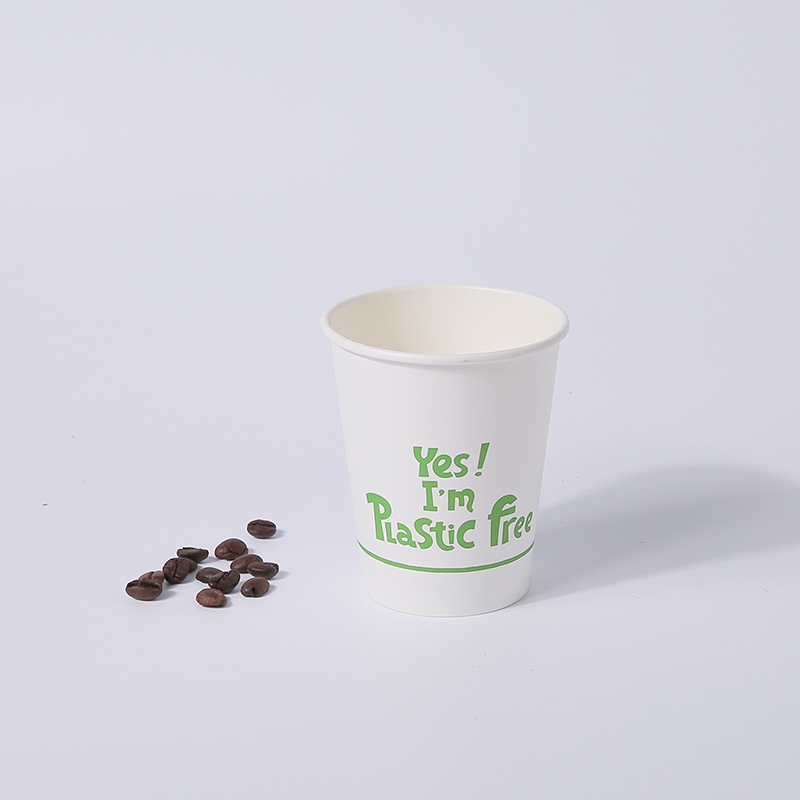
Paper cups have become a staple in our society, especially in coffee shops and fast food restaurants. However, the convenience they offer comes at a cost to the environment.
The main issue with paper cups is that they are not easily recyclable. Most paper cups are coated with a thin layer of plastic to make them waterproof, which makes them difficult to recycle. This plastic coating also means that paper cups take longer to decompose in landfills, contributing to the growing problem of waste accumulation.
In addition to the challenges of recycling, the production of paper cups also has a significant environmental impact. The process of manufacturing paper cups requires the use of large amounts of water, energy, and raw materials. This leads to the depletion of natural resources and pollution of air and water.
Moreover, the transportation of paper cups adds to their environmental footprint. Many paper cups are made in one location and shipped to various destinations, increasing fuel consumption and greenhouse gas emissions.
To make matters worse, the disposal of paper cups is often done improperly, with many ending up in landfills or littering the environment. This not only contributes to waste accumulation but also harms wildlife and ecosystems.
There are alternatives to paper cups that have a lower environmental impact. Reusable cups made from materials like glass, stainless steel, or bamboo are more sustainable options. Many coffee shops now offer discounts to customers who bring their own cups, encouraging the use of reusable alternatives.


